Classic reads: Power through social distancing with these 5 life-changing books
Wondering what to read during these difficult times? Why not pick up an old classic and enrich your life? Here are our recommendations...
The unfortunate outbreak of the coronavirus has compelled authorities across the world to carry out a lockdown.
In this period of uncertainty and social distancing during the COVID-19 pandemic, our pace of life has become a lot slower, and with more time on our hands, it is a good idea to rekindle our love for reading with these five impactful books that have the power to change your life.
Books can provide food for thought, be a catalyst to inspiration, and offer new perspectives that could change the way we look at things forever.
Here are our recommendations of five life-changing classics...
Meditations by Marcus Aurelius
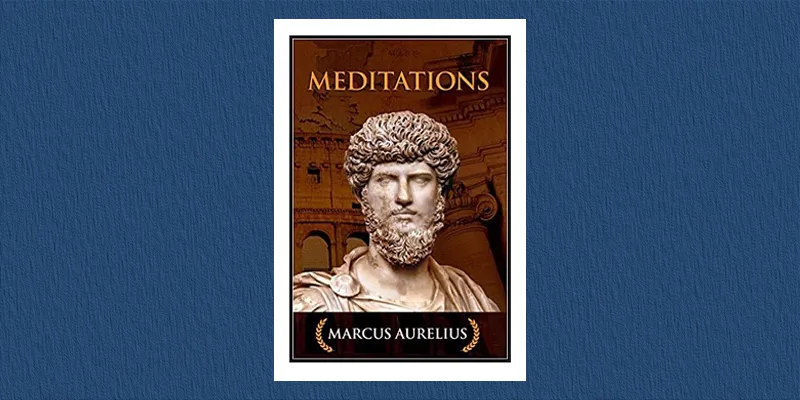
Often considered one of the last great Roman emperors, Marcus Aurelius was under immense pressure to keep foreign invaders at bay during his reign.
Considered as one of leading proponents of Stoicism, Meditations is an accessible translation of Marcus Aurelius’ journals which he kept to help him power through this turbulent period of his reign. Replete with practical wisdom that could be used in all aspects of our lives, his tenet of only worrying about what is under our control, rings especially true in these difficult times.
Iacocca: An Autobiography by Lee Iacocca and William Novak
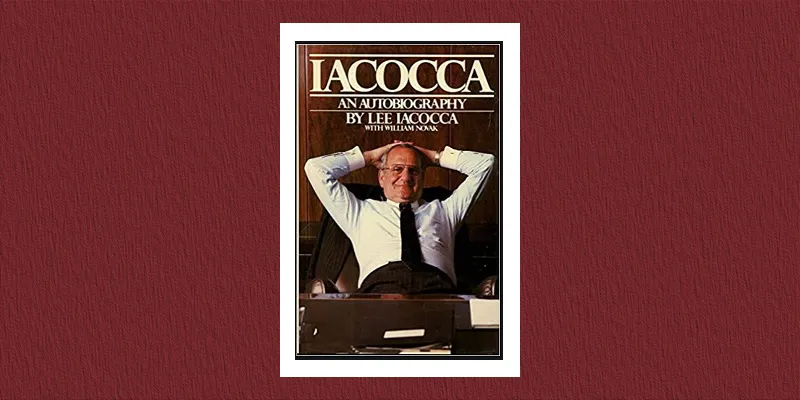
Lee Iacocca was a star of the American automobile industry. With his storied career of close to four decades, Iacocca ushered in the golden era for the industry first as the head, first as the Ford Motor Company, then the Chrysler Corporation.
Anyone looking for some inspiration need look no further. Iacocca is written in an engaging style that transmits the corporate maverick’s infectious enthusiasm over how he rose up the ranks of the Ford Motor Company to how he and his team went about the rollout of the iconic Ford Mustang. He also describes how he turned around the near-bankrupt Chrysler Corporation in less than a decade, overtaking even Ford.
Man’s Search for Meaning by Viktor Frankl
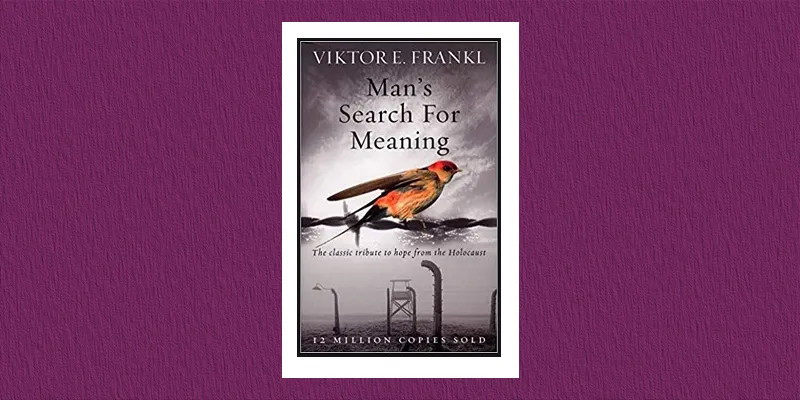
We all get engrossed in busy lives where we keep aspiring for the next best thing. Sometimes, amid the hustle and bustle, we tend to lose sight of what’s really important.
Viktor Frankl was an Austrian psychotherapist who was taken prisoner in one of the concentration camps during World War II. Stripped of his comforts, his family, and his identity, Frankl held onto his dignity amid terrible conditions, and was one of the few who survived the ordeal.
Man’s Search for Meaning is a small, but heart-rending recollection of Frankl’s experiences of life with his inmates in the concentration camp. Through his humane lens, Frankl explores what gives meaning and purpose to one’s life, and what it means to be human in the midst of unspeakable evils.
The Power of Habit by Charles Duhigg
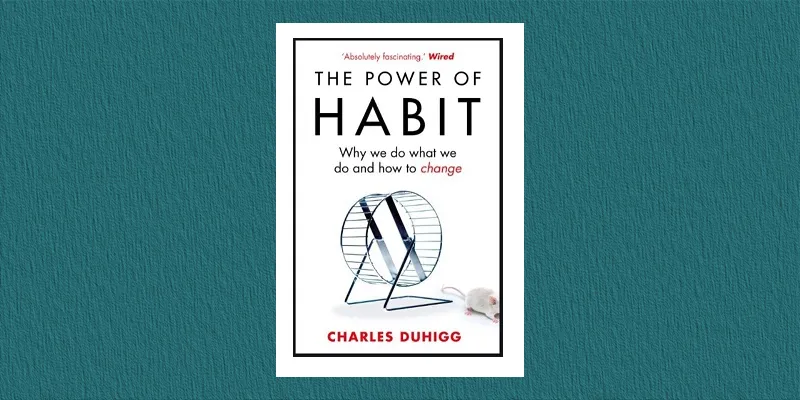
Since our childhood, we have been told time and again that habits are what define how we live our lives. But beyond the conventional wisdom that it takes 21 days to form a habit, there has been no methodology in place to use this wisdom to help better our lives.
The Power of Habit fills that gap by breaking down the parts of habit formation, providing interesting case studies on why certain habits seem to have more influence over lives as compared to others and what it takes to make a new habit finally stick.
For those looking to learn a new skill, lose weight, or form a new constructive habit (like reading more books for instance), The Power of Habit is an indispensable read to have in one’s library.
A House for Mr Biswas by VS Naipaul
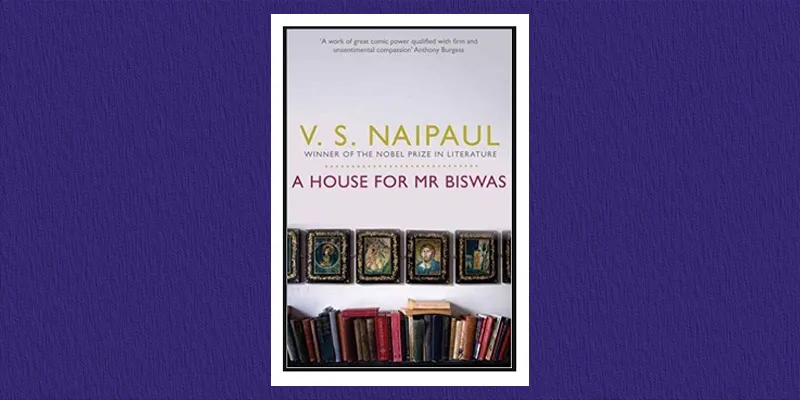
Literary fiction can help us to understand the lives of other people that are not similar to ours by using the power of a strong narrative.
A House for Mr Biswas, written by VS Naipaul -- a Nobel Laureate with Indian origins, traces one man’s lifelong quest to own a house of his own.
The protagonist is largely based on Naipaul’s own father. The book is in a way, a tribute to the struggles of a generation Naipaul never was a part of, and helps us to appreciate the lives of those who have “been there, done that” and who never tire of telling us stories of the “good old days”









